
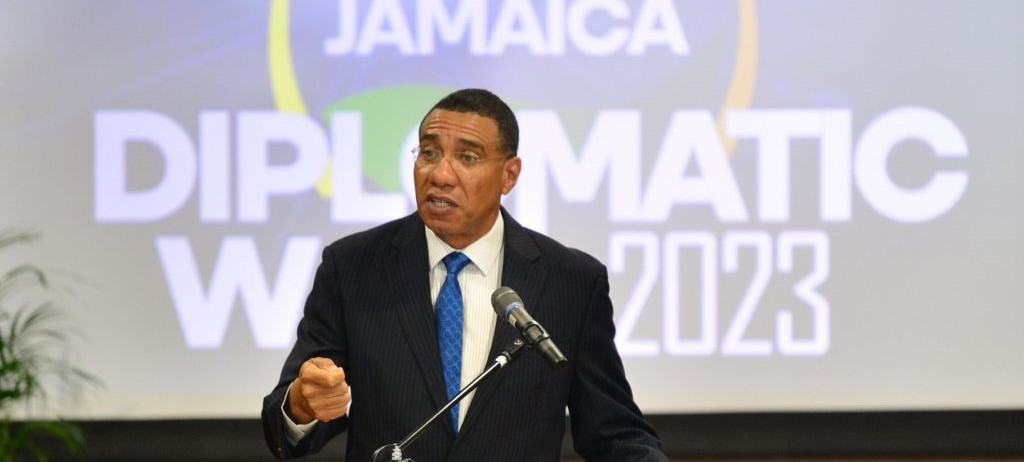
Andrew Holness has served as Jamaica’s Prime Minister for seven years now and is still only 51.
He has the distinction of being the shortest-serving Prime Minister of Jamaica and could very well be its longest-serving one.
Born in July 1972, it makes him the first Prime Minister born after Independence, a Gen Xer looking to fundamentally change the fortunes of his country.
Many people claim power and don’t know what to do with it. Holness has clearly contemplated where he wants to take his country and how to improve the lives of its citizens.
After losing years to the COVID pandemic he will be keen to get back on track.
To transform Jamaica to the kind of country he envisions will take him at least two more terms at the helm and by them, he will only be 61, a seasoned man with plenty still left in the tank.
He has the political capital and is unassailably recognised as the leader of the JLP and the one to bring victory at the ballot box yet again.
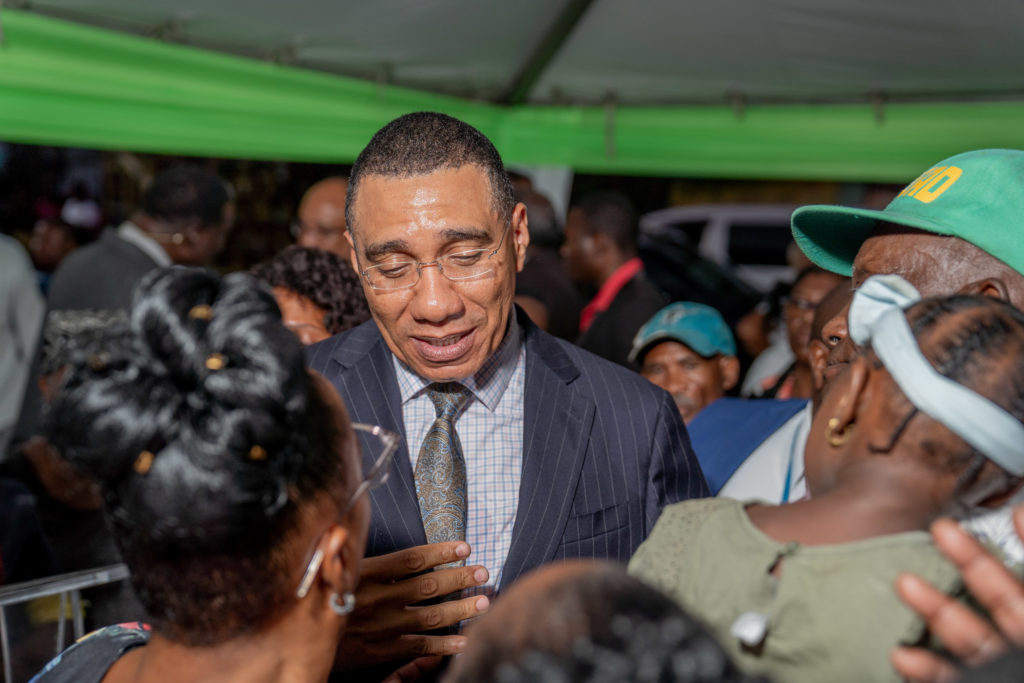
But the vicissitudes of politics cannot be discounted. There is many a slip between the cup and lip.
Polls say both the JLP and its leader have lost ground to the Opposition. Is this simply mid-term fatigue or can Holness and his band of brothers and sisters turn the tide and get back to winning ways?
Holness’ mentor Edward Seaga was regarded as a bright man, a statesman with political savvy but he spent an eternity in the wilderness. Holness suffered a misfortune, going to the country a tad early for his own mandate at the end of 2011 but brought it home in 2016 and since then has sat astride a king’s steed.
Somewhere in the recesses of his consciousness, he is telling himself, I know what it takes to win. He is now battle hardened having tasted loss, narrow victory and a landslide that put his party into unquestioned ascendance and practically broke the back of the PNP.
Jamaica is still feeling the effects of the COVID pandemic. Many governments were unable to secure electoral victory in its aftermath, Allen Chastanet’s United Workers Party (UWP) of St Lucia readily comes to mind.
We managed to recover from the COVID pandemic in a most fantastic way which was in effect a global crisis. The transition from the pandemic has been seamless, the recovery has been so robust that the populace does not factor in that during the crisis, the entire Government, indeed the country was dislocated. People forget too quickly.
Andrew Holness, Prime Minister, Jamaica
It was a stroke of political bravado, Holness going to the country in September 2020. He who dares win, and Holness won big time!
Many will acknowledge that his government did a commendable job managing the COVID crisis and getting Jamaica through perhaps its darkest hour. Jamaica fared better than many small island developing states.
So what now after COVID?
“We managed to recover from the COVID pandemic in a most fantastic way which was in effect a global crisis. The transition from the pandemic has been seamless, the recovery has been so robust that the populace does not factor in that during the crisis, the entire Government, indeed the country was dislocated. People forget too quickly.
“The truth is the impact lingers on. Inflation is not just from COVID, there is the geo-political fallout from the war in Ukraine and its effect on energy and food prices which continues. The supply chain disruption that has occurred with shipping is still dragging on the world including Jamaica.
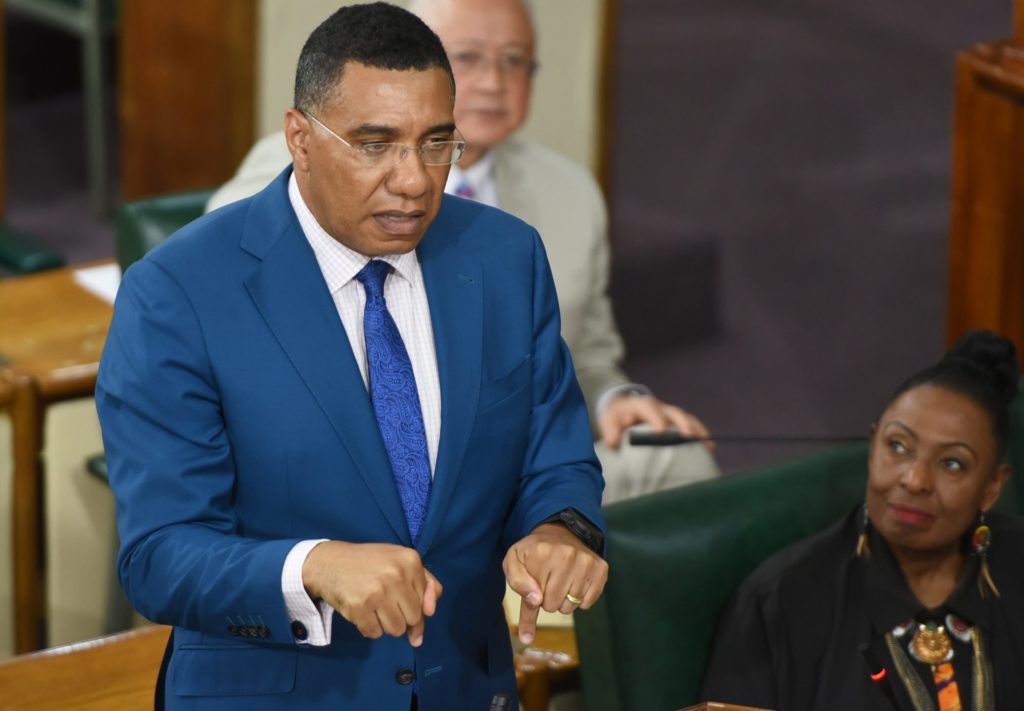
“Our health system was placed under tremendous pressure. People don’t always remember, we had to divert health resources for instance from elective surgeries to COVID treatment. There are many Jamaicans who have been unable to get their elective surgeries which we are now trying to catch up on in the public health system.
“Then there is the impact of learning loss. We are seeing that in the results coming from school exams. Added to that is the mental impact. We are aware that Jamaicans are experiencing a high level of stress – personal, emotional, and high numbers of domestic violence cases. The impacts of COVID are long-lasting but because the Government is at pains to say the economy is recovering, people are prone to dismiss the impacts. The Government has to focus on managing the recovery very carefully to ensure we can truly put the impacts of COVID behind us,” said Prime Minister Andrew Holness.
While the management of the economy is of paramount concern, the Prime Minister is all too aware of the moral malaise and the descent into violence and crime plaguing Jamaica. Some say this is a by-product of poverty and an inability to close the gap between the haves and have-nots.
If Andrew Holness is to lead Jamaica into a new dawn, respect and consideration for all will have to be at the fulcrum of his transformation endeavours. For too long crime and domestic violence have been two ogres that have traumatised the country and stymied its potential.
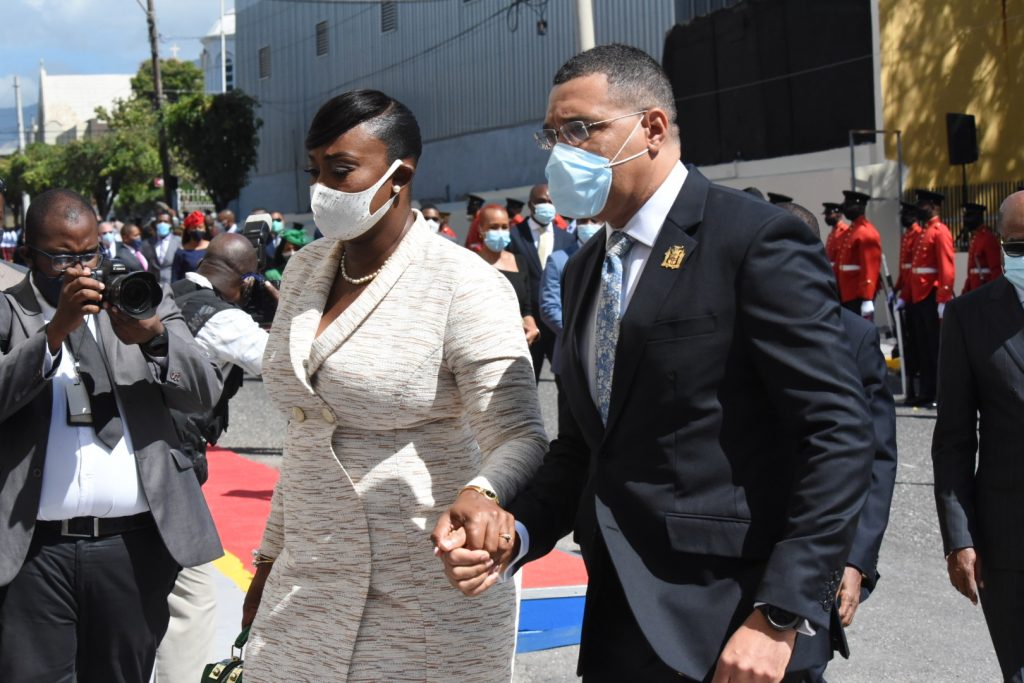
Here Holness is an exemplar, speaking to the importance of family in society. He is married to a successful wife who supports him and they have two teenage sons who are doing well at school. Like the Obamas, we are watching them grow up and prosper in this age. Jamaica has never had a First Family of this ilk.
The family is singularly the most important component of a well-functioning society, imparting values of citizenship, caring and protection. The sense of belonging and abiding by a code of conduct cannot be understated in Jamaica’s developmental journey.
With the Independence celebrations now taking place, this is a time for reflection and introspection. How far has Jamaica come and where is it going?
This has not escaped Andrew Holness’ attention and he gave a historical context which provided insight into his perspicacity. The PNP had Joshua in Michael Manley. Will The JLP have a Moses in Andrew Holness who does get to see the promised land? At 51, it has to be a long-term play – he has to be the architect and builder of a new Jamaica and it is going to take time.
“We are now in the “Emancipendence” period. It is a time to reflect on what it means to be an independent country. The Independence period means looking at two critical things: 1. Freedom
2. Independence.
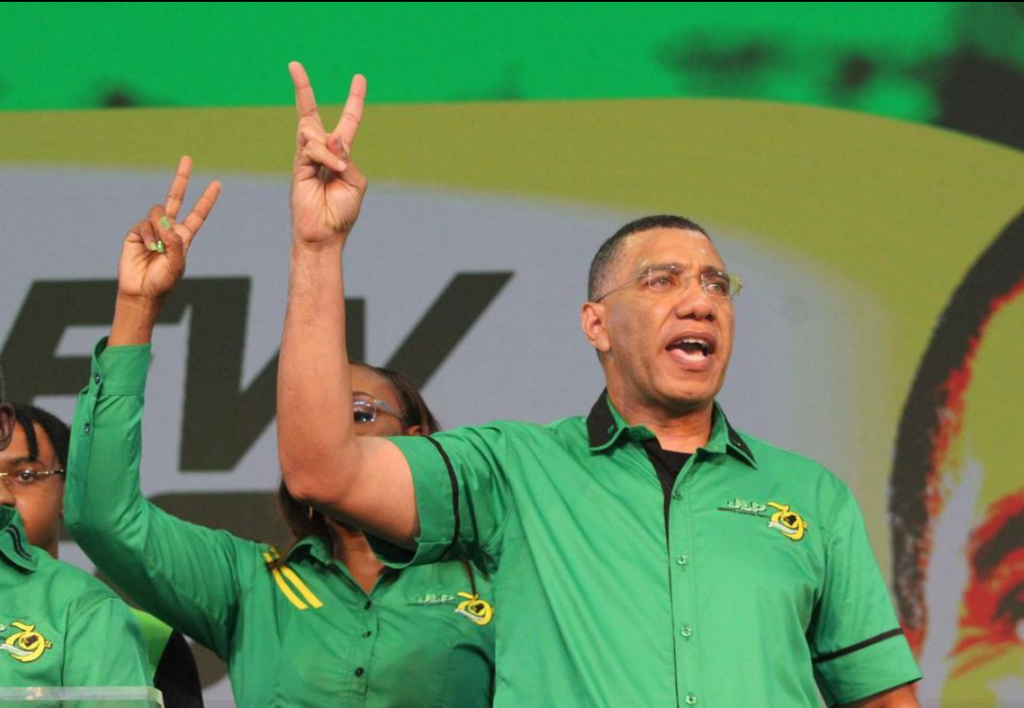
“Freedom and Independence are similar, but they are not the same thing. In 1834 slavery was abolished and we had Emancipation. Since then, the nature of how we work in our society has changed. Labour was forced and not compensated. The enslaved did not own their labour and could not profit from their labour. Once our forefathers became free men, they had the option to either work on the plantations or work for themselves.
“The former slave masters tried everything to keep people working on the plantations. They tried to keep wages low so that people would always have to keep working on the plantations. They tried to prevent the former enslaved from settling on lands and there was a literal attempt not to develop the economy outside of those plantations. We in Jamaica ended up with a plantation economy, one that produced a commodity, i.e., sugar with an inefficient economic system that could not compete. Sugar could not offer full employment to the people of Jamaica, but the planters were invested in seeing to it that the economy did not diversify. You can see we were in a trap and that has been the case in Jamaica from Emancipation to this day. The economy from that time until now cannot provide employment as a means of livelihood,” surmised Prime Minister Holness.
He further added that as the economy grew out of slavery, people found their way, some did well out of agriculture, and others opened shops but employment remained a challenge for most.
Prime Minister Andrew Holness continued: “ By about 1860 the cholera outbreak wiped out a significant part of the Jamaican population, I believe about 10 per cent. Not only was the economy bad but issues of social justice had to be addressed, and people were not able to get justice through the courts.
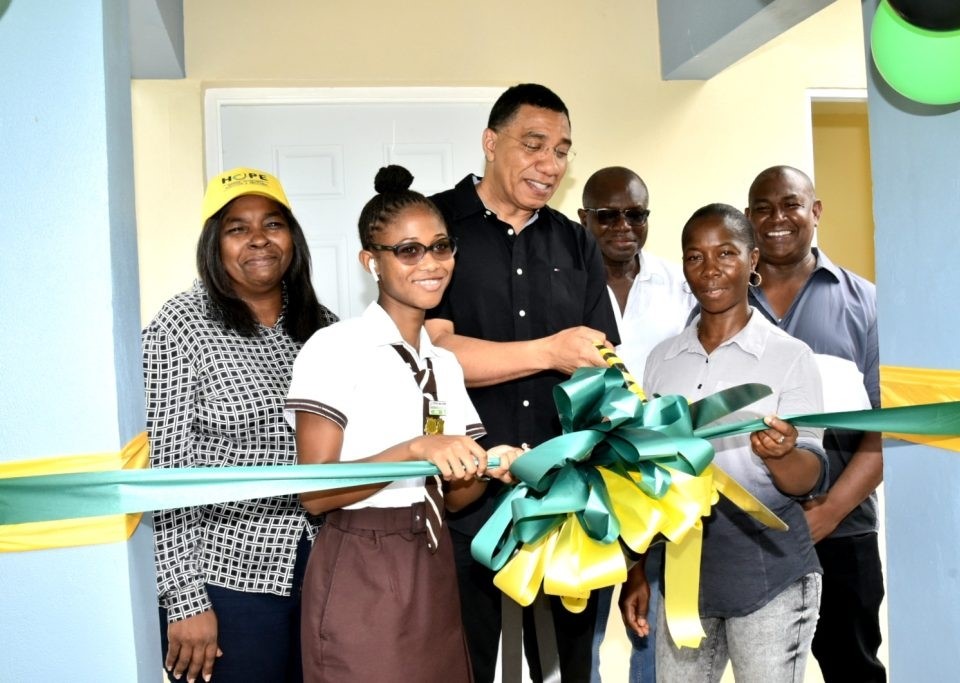
“That led to the 1865 Morant Bay rebellion which was brutally put down. The planter class faced the prospect of being overthrown. The result of the rebellion was a royal commission formed to investigate the circumstances of the former colonies with a review of how they were being administered. The idea was to change their economies, and this is how we ended up with the 14 parishes in Jamaica and so forth.
“Our economy grew from there, but the same problem persisted – the economy just couldn’t provide jobs for the mass of people. By 1943, we started to see the Jamaican economy coming into its own – ports being developed. By the 50s we had the bauxite industry and in the 60s tourism. By the 70s the economy started to expand. In the 60s we saw massive growth due to tourism and bauxite, however, we didn’t have the opportunity to pull people into the economy through employment.
“Today with unemployment at 6.5 per cent, it is currently at the lowest level it has ever been. That is a sign of our economy crossing a particular threshold, almost reaching full employment. Now, that is not to say that we are now at a point like Singapore. You could be at full employment but with low-level jobs. We now have to move to the next level of attracting new industries that will bring high-level jobs, knowledge-based jobs into our economy. Now that transition requires a massive up-skilling of our human resources. That is the next frontier of our economic development.”
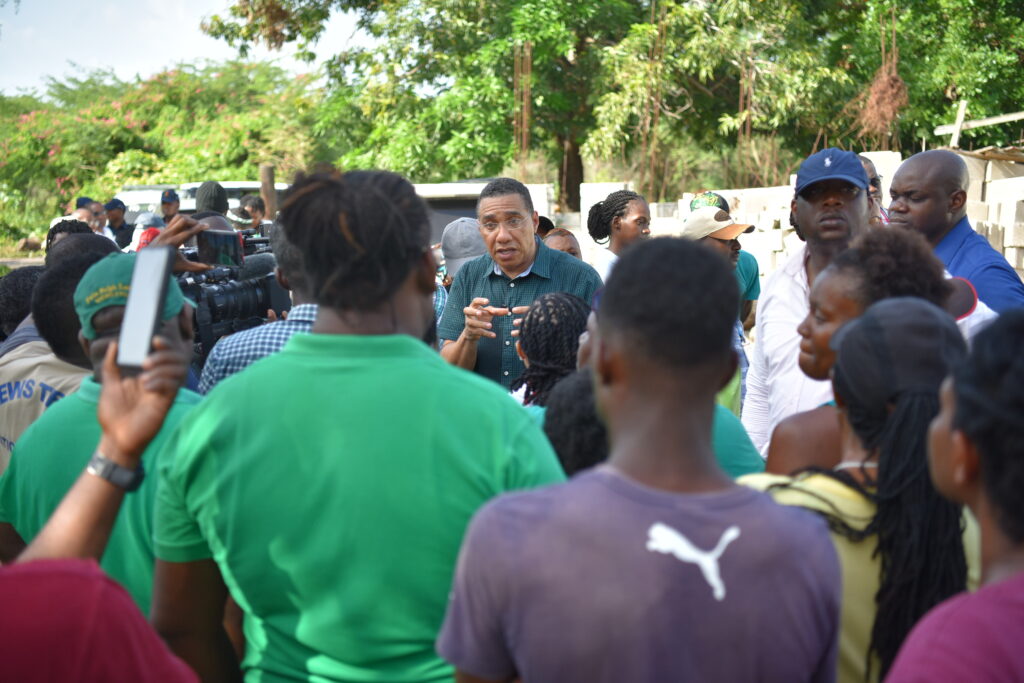
The way Prime Minister Andrew Holness sees it, this Government has solved the fiscal issues, giving confidence to investors who are now expanding their businesses and demanding labour. The task now is to invite new industries that are not just based on natural resource exploitation but rather on innovation and knowledge.
He laments the negative outlook on the country by many Jamaicans and those who only focus on negativity and a depressing diagnosis of where Jamaica is today.
“The common retort is that ‘nutten nah gwaan’ but if you were to take an objective look at where Jamaica is today as opposed to where it was 30 years ago, there is no question that Jamaica is better off today and so is its people. But despite the growth in the economy, and increase in income, a sizeable part of the population is still being left behind. We now need to concentrate on this and address the challenge of poverty. We need to get our people into employment and upgrade their skills.
“Therefore we have to ask ourselves how do we become inclusive? How do we bring in the people who have been left out? I made the point while speaking in Port Royal, that you can miss the opportunity that change brings if you refuse to accept and acknowledge there is change. You have to position yourself to take advantage of that change.”
See The Our Today Interview with Prime Minister Andrew Holness – Part I

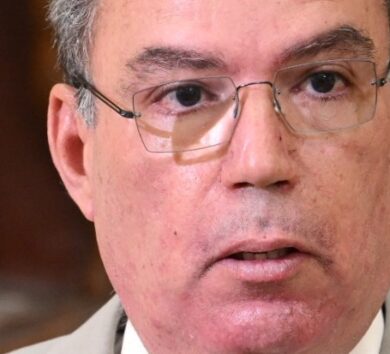
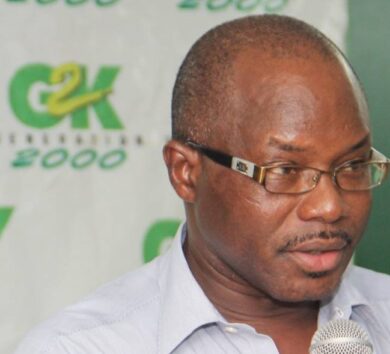
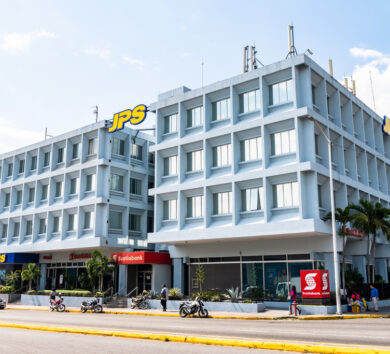
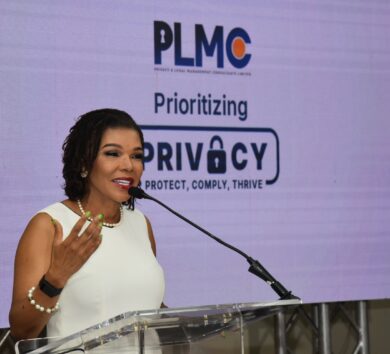
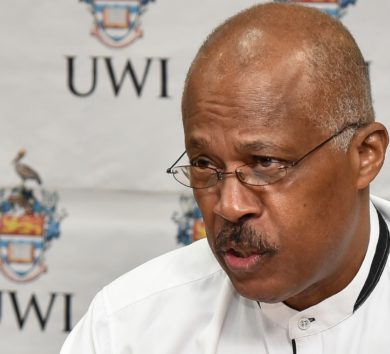
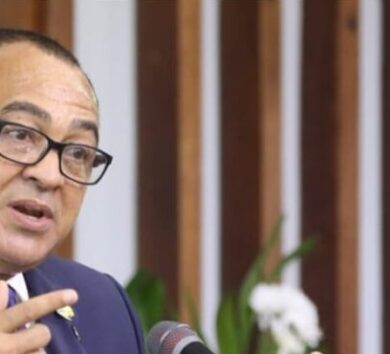
Comments